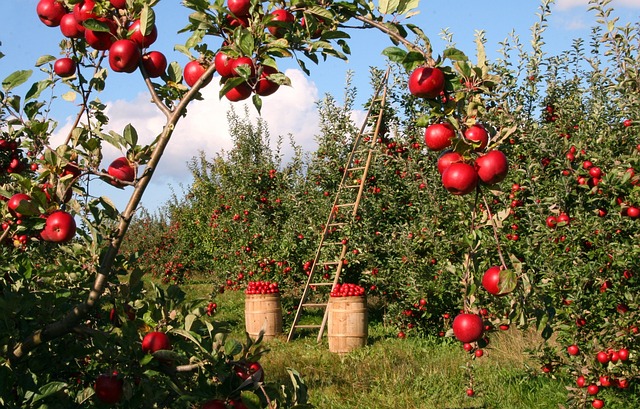Beyond the Yogurt: Exploring Unexpected Sources of Probiotics
The Power of Probiotics
Probiotics, often referred to as “good bacteria,” have gained significant attention in recent years for their potential health benefits. These live microorganisms are known to promote a healthy gut by supporting digestion, boosting the immune system, and even improving mental health.
Yogurt: The Traditional Probiotic Food
When we think of probiotics, the first food that comes to mind is yogurt. Yogurt is a well-known source of these beneficial bacteria, with popular strains such as Lactobacillus and Bifidobacterium. Regular consumption of yogurt can help maintain optimal gut health.
But There’s More!
While yogurt is undoubtedly a fantastic source of probiotics, it’s worth exploring other unexpected sources that contain these beneficial microorganisms. Incorporating a variety of probiotic-rich foods into your diet can diversify the beneficial bacteria in your gut and provide additional health benefits.
Kombucha: The Fermented Tea Delight
Kombucha, a fermented tea beverage, has gained popularity in recent years due to its refreshing taste and potential health benefits. It is made by fermenting sweetened tea with a symbiotic culture of bacteria and yeast (SCOBY). The fermentation process results in a bubbly, probiotic-rich drink that can aid digestion and promote detoxification.
Sauerkraut: A Tangy Source of Good Bacteria
Sauerkraut, a type of fermented cabbage, may not be the first food you associate with probiotics, but it’s an excellent source of beneficial bacteria. The fermentation process encourages the growth of Lactobacillus bacteria, which help maintain a healthy gut and support immune function. Adding sauerkraut to your meals can provide a tangy and probiotic-packed punch.
Kefir: More than Just a Milk Beverage
Kefir is a fermented milk beverage that originates from the Caucasus region. It is made by fermenting milk with kefir grains, which are a combination of bacteria and yeast. This process results in a tangy and probiotic-rich beverage that is packed with essential nutrients like calcium and B vitamins. Kefir can be enjoyed on its own or used as a base for smoothies and dressings.
Miso: Fermentation in a Bowl
Miso, a traditional Japanese seasoning, is another unexpected source of probiotics. This savory paste is made by fermenting soybeans with salt and a type of fungus called koji. The fermentation process creates a range of beneficial bacteria, making miso a probiotic powerhouse. Incorporating miso into your diet can add depth of flavor to soups, marinades, and dressings, while also promoting a healthy gut.
Final Thoughts
While yogurt is a popular go-to for probiotics, it’s important to explore beyond this traditional source. Incorporating a variety of probiotic-rich foods like kombucha, sauerkraut, kefir, and miso can provide a wider array of beneficial bacteria, supporting a healthy gut and overall well-being. So, think outside the yogurt aisle and embark on a delicious probiotic adventure!







